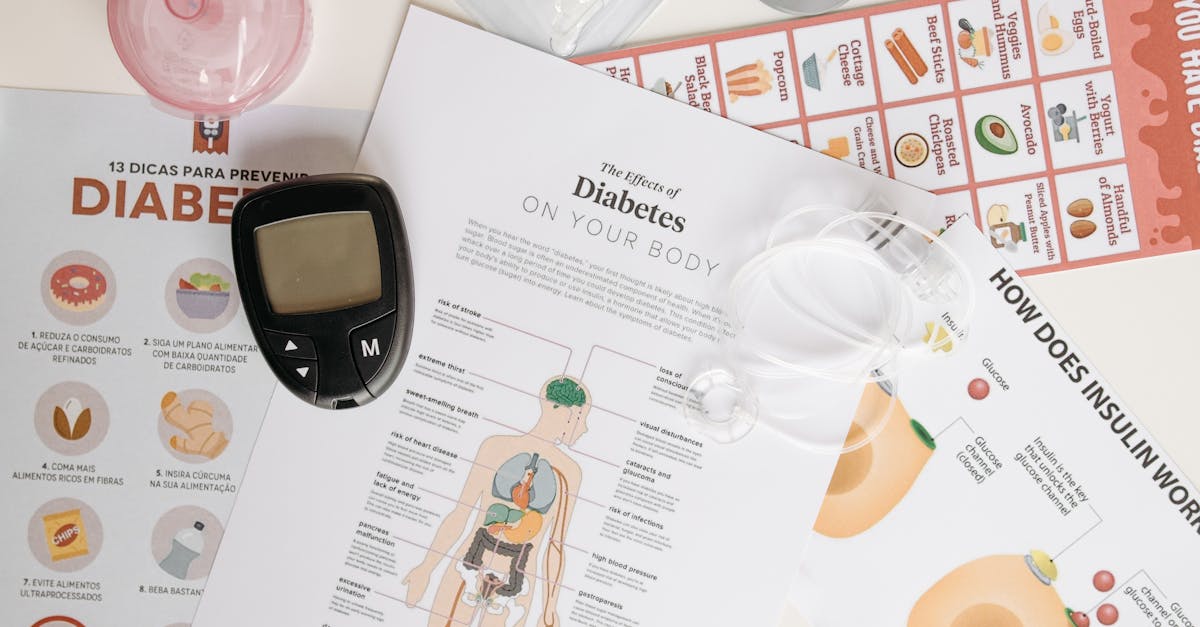Understanding Depression Self Test
Introduction
Understanding one's mental health is crucial in today's fast-paced world, and depression self tests can help individuals take the first step. These self-assessment tools offer a confidential and introspective method to gauge one's emotional state. By empowering individuals with preliminary insights, these tests help users consider whether professional evaluation might be beneficial.
Advertisement
What is a Depression Self Test?
A depression self test is an online or paper-based questionnaire designed to assess symptoms of depression. These tests typically contain a series of questions focusing on feelings, thoughts, and daily life experiences. The responses provide an indication of whether an individual may be experiencing signs of depression and suggest the need for professional consultation.
Advertisement
Developed by Experts
The questions formulated in these tests are developed by mental health experts. They are based on the criteria outlined in diagnostic manuals like the DSM-5. This ensures that the test queries are relevant, contemporary, and effectively capture the essence of depressive symptoms.
Advertisement
Standard Features
Depression self tests usually consist of questions that cover various aspects of one's emotional state. Topics may include changes in sleep, appetite, concentration, and overall mood. The collected data provides a score that typically ranges from mild to severe depression, offering a broad understanding of one's mental health.
Advertisement
The Advantages
One of the most significant advantages of these tests is accessibility. Anyone with an internet connection can complete a depression self test in the privacy of their home. This ensures confidentiality, encouraging more individuals to take preliminary steps without fear of stigma or judgment.
Advertisement
Limitations to Consider
While depression self tests are valuable tools, they are not definitive diagnostic instruments. They cannot replace a thorough evaluation by a qualified healthcare professional. Variances in individual interpretation and answer honesty can affect the accuracy and reliability of these tests, stressing the importance of seeking further evaluation if needed.
Advertisement
How to Use the Results
After completing the test, interpreting the results with caution is key. While a high score might indicate concerning symptoms, it's essential to understand that self tests serve as initial guidelines. Consulting with a mental health professional to discuss the results can lead to a comprehensive evaluation and recommended treatment plans.
Advertisement
Reliability and Validity
These tests are often validated through research and clinical trials, ensuring their reliability. However, individual results can vary based on the test's design and the user's understanding. To enhance accuracy, users should answer questions with complete honesty to obtain the most beneficial insights.
Advertisement
Popular Depression Self Tests
Several well-known depression self tests are available for public use. Among them are the PHQ-9, Beck Depression Inventory, and Zung Self-Rating Depression Scale. Each offers unique aspects but generally serves the same function: to help individuals assess their mental health status before seeking further help.
Advertisement
Conclusion
Depression self tests are valuable initial tools for assessing potential symptoms of depression. While they provide a starting point, they cannot replace professional evaluation. For those concerned about their mental health, taking a self test can instigate a journey toward better understanding and managing their emotional well-being.
Advertisement


